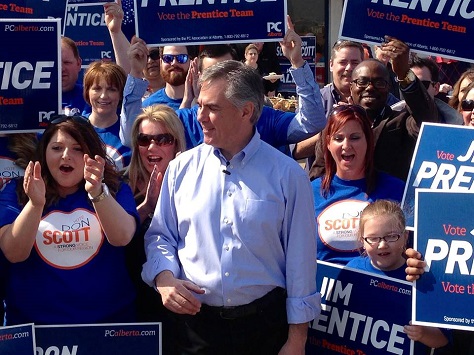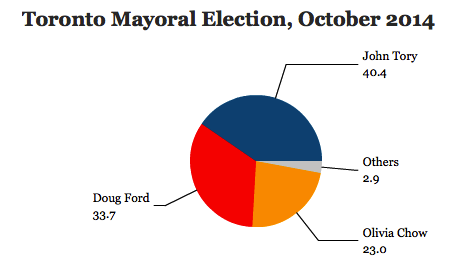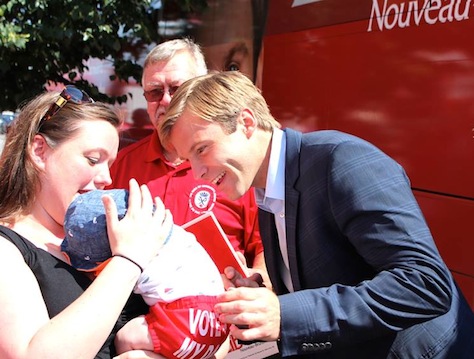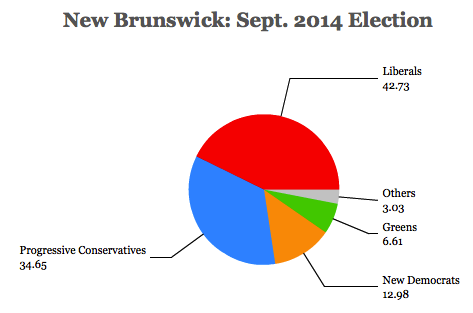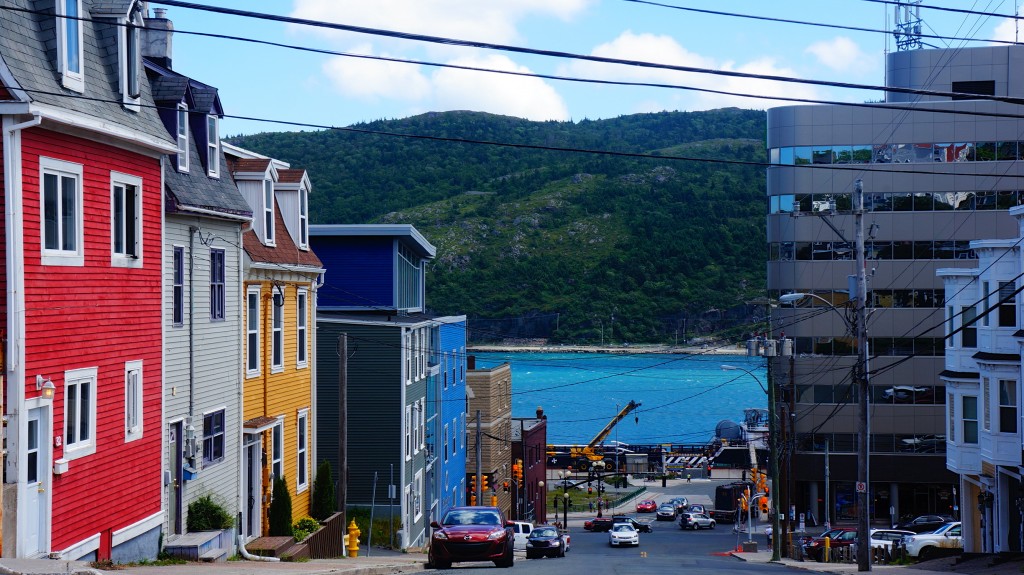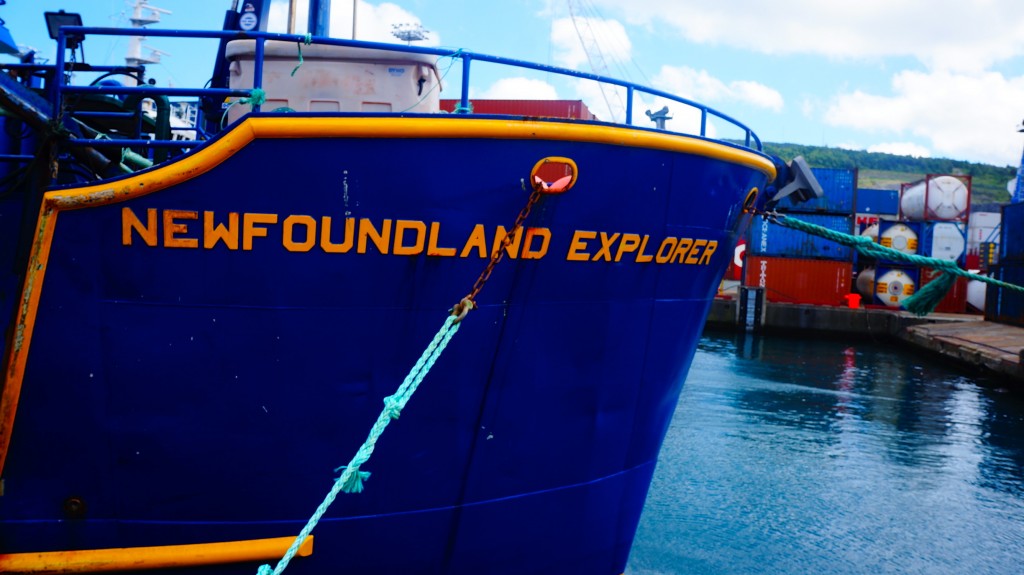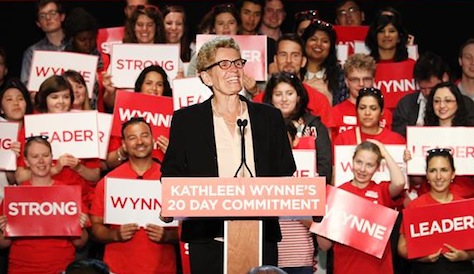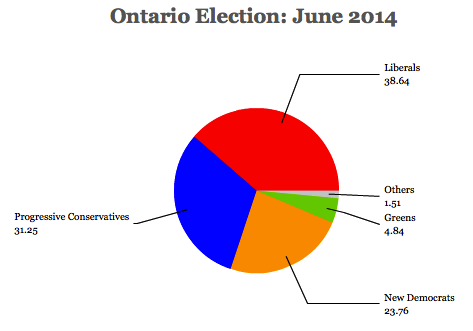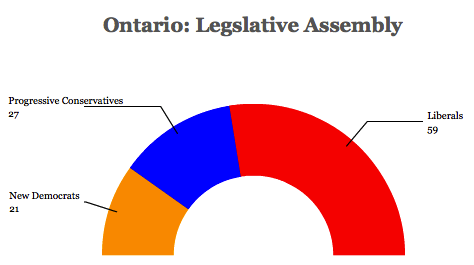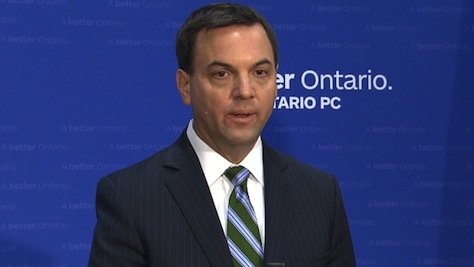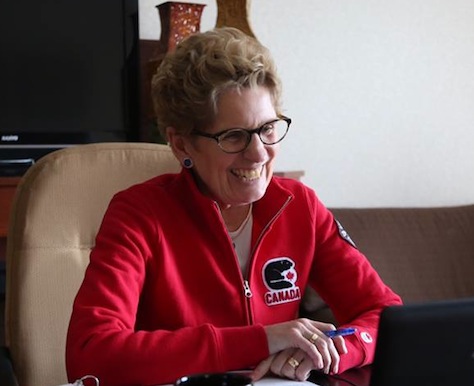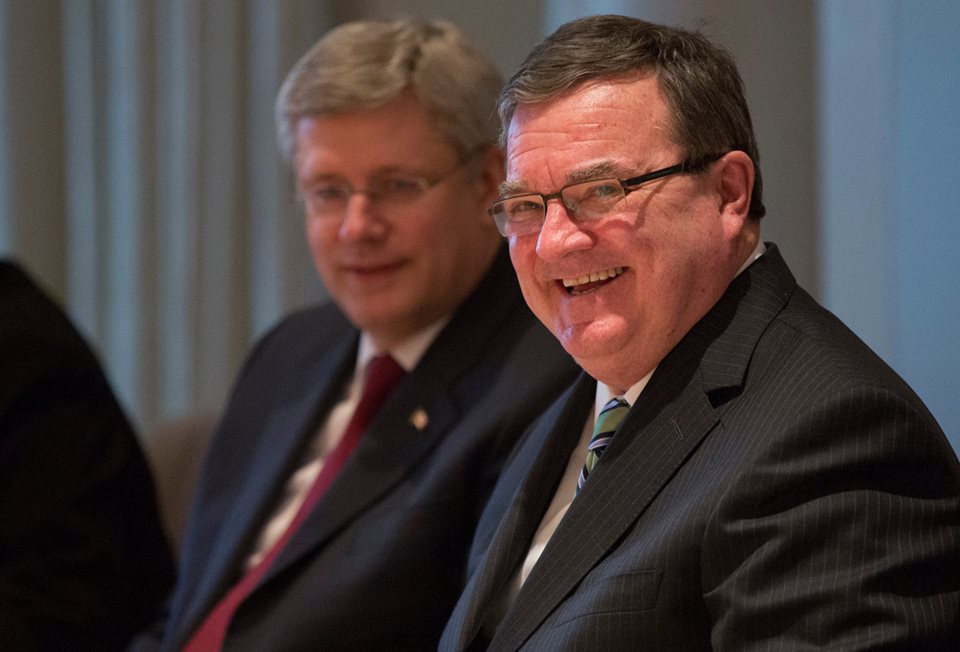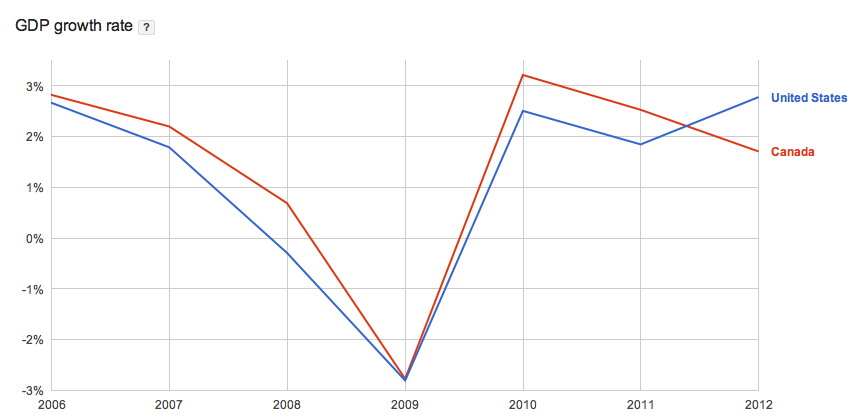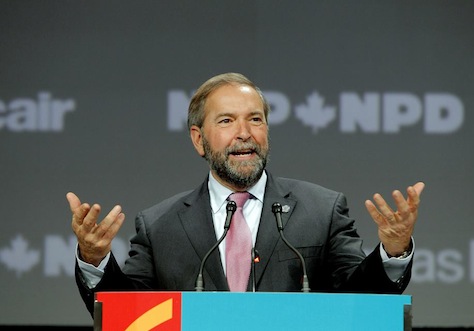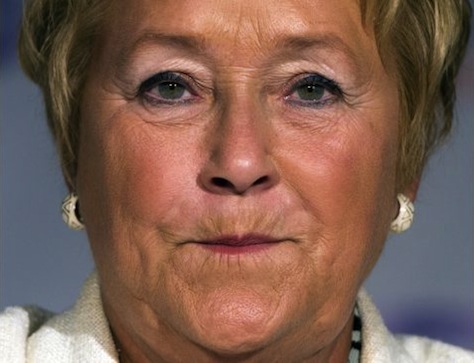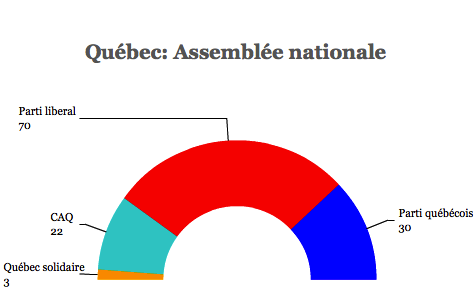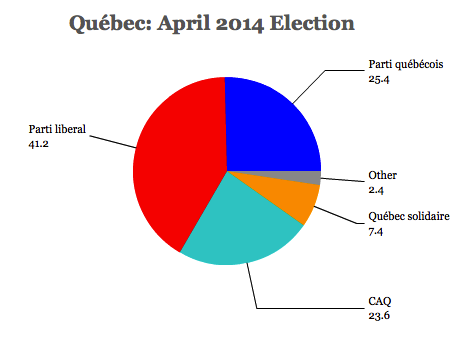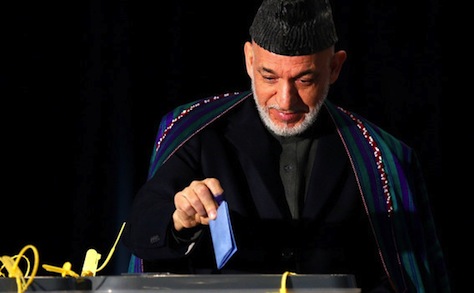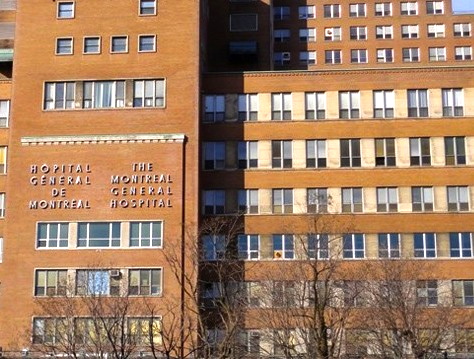When former federal minister Jim Prentice (pictured above), once among the closest allies of prime minister Stephen Harper, took on the office of Alberta’s premier last September, there was a sense that the province’s long-ruling Progressive Conservative Party was back on track.![]()
![]()
In the nine years since the indefatigable Ralph Klein left office, the PC held onto power under a series of increasingly ineffective leaders. The well-meaning Ed Stelmach, one of Canada’s leading officials of Ukrainian descent, lasted five years, and responded to the province’s first budget deficit in a generation by trying to tax the corporate oil interests that command so much power in both Alberta’s public and private sectors. Alison Redford, who won a poll-defying landslide in the 2012 provincial elections against the populist, right-wing Wildrose, so alienated voters with extravagant expenses, including a $45,000 bill for her trip to attend former South African president Nelson Mandela’s funeral, that she was forced out by her own caucus in March 2014.
So Prentice’s return to provincial politics, after a successful stint in the Harper administration and a detour to the private sector, signaled that the responsible adults had returned. There’s nothing particularly flashy about Prentice, But he oozes the quiet competence of a business consultant, and he has the Tory instincts of a rare Western Canadian politician who was never part of the Reform/Alliance (like Harper), but instead the old Progressive Conservative Party that merged into the Alliance to form today’s Conservative Party.
Just a few months into the Prentice era, the sometimes controversial leader of Wildrose, Danielle Smith, resigned the leadership and caucused with the Progressive Conservatives, bringing half of Wildrose caucus with her.
Even as oil prices started a precipitous fall last autumn, Prentice appeared like a premier in command, even if the sudden change in global oil markets suddenly left Alberta with a gaping hole in its budget. Prentice, who spent his first months in office shaking up the Albertan bureaucracy, seemed as much up to the challenge as anyone, and he promised his government would take the hard choices to close the budget deficit in three years, taking care not to raise corporate taxes to chase away potential business at a time of uncertainty for an economy so dependent on natural resources. Continue reading Alberta’s Prentice could fall prey to oil price collapse
